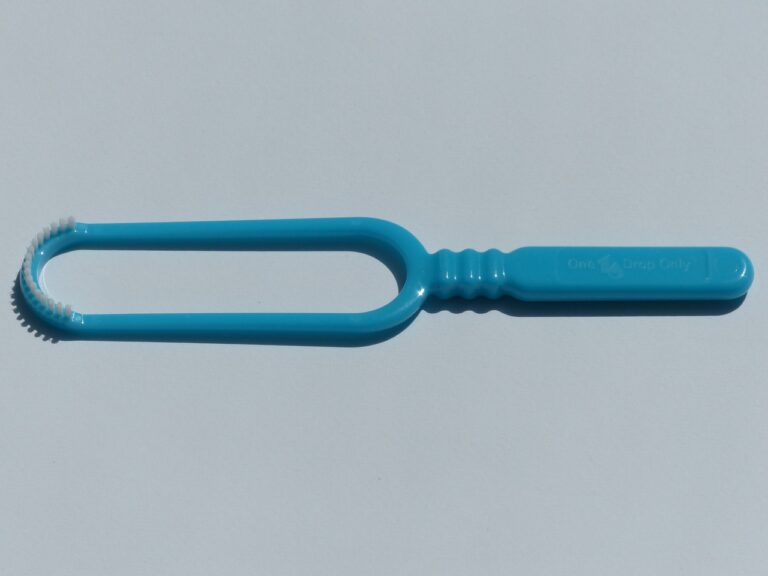Digital Health Startups: Disrupting Traditional Healthcare Models
11xplay, Online Cricket Id: Traditional healthcare models face a myriad of challenges that hinder their ability to effectively cater to the evolving needs of patients. One major issue is the overwhelming focus on treating acute illnesses rather than preventative measures, leading to a cycle of reactive care that may neglect early intervention and holistic well-being. This model often results in high costs for patients and healthcare systems, as well as a strain on resources that could be better distributed with a more proactive approach.
Additionally, the hierarchical structure of traditional healthcare can create barriers to communication and collaboration among healthcare professionals, impacting the quality and continuity of patient care. This siloed approach can lead to fragmented care delivery, gaps in information sharing, and ultimately, suboptimal patient outcomes. As healthcare continues to advance and patient expectations shift, addressing these challenges within traditional models becomes imperative for industry stakeholders to adapt and thrive in a rapidly changing landscape.
Impact of Technology on Healthcare
Technology has significantly revolutionized the healthcare industry, offering innovative solutions to improve the quality of patient care and enhance operational efficiency. Electronic health records (EHRs) have streamlined the documentation process, enabling healthcare providers to access patient information quickly and accurately. Additionally, telemedicine has made healthcare services more accessible to remote and underserved communities, allowing patients to receive medical care from the comfort of their homes.
Advancements in medical devices and wearable technology have empowered individuals to monitor their health in real-time and take proactive measures to prevent chronic conditions. Remote patient monitoring devices can track vital signs, medication adherence, and disease progression, enabling healthcare professionals to intervene promptly and adjust treatment plans accordingly. Moreover, artificial intelligence and machine learning algorithms have improved diagnostic accuracy and personalized treatment recommendations, leading to better health outcomes for patients.
• Electronic health records (EHRs) streamline documentation process
• Telemedicine makes healthcare services more accessible to remote communities
• Medical devices and wearable technology empower individuals to monitor their health in real-time
• Remote patient monitoring devices track vital signs, medication adherence, and disease progression
• Artificial intelligence and machine learning algorithms improve diagnostic accuracy
Innovative Solutions for Healthcare Industry
The healthcare industry is continuously evolving, with technological advancements paving the way for innovative solutions. One such solution is telemedicine, which allows patients to consult with healthcare providers remotely through video calls or messaging platforms. This not only increases access to healthcare for individuals in remote areas but also reduces the strain on physical healthcare facilities.
Another innovative solution is the implementation of electronic health records (EHRs), which streamline the process of storing and accessing patient information. EHRs enable healthcare providers to have real-time access to a patient’s medical history, test results, and treatments, leading to improved coordination of care and better patient outcomes. By embracing these innovative solutions, the healthcare industry can work towards providing more efficient and effective healthcare services to a broader population.
What are some common challenges faced by traditional healthcare models?
Some common challenges include rising costs, limited access to care, inefficient processes, and fragmented communication among healthcare providers.
How has technology impacted the healthcare industry?
Technology has revolutionized the healthcare industry by improving patient care, increasing efficiency, enhancing communication, and enabling remote monitoring and telemedicine.
What are some innovative solutions being implemented in the healthcare industry?
Some innovative solutions include the use of telemedicine, wearable devices for remote monitoring, electronic health records for seamless communication, and artificial intelligence for data analysis and personalized medicine.







